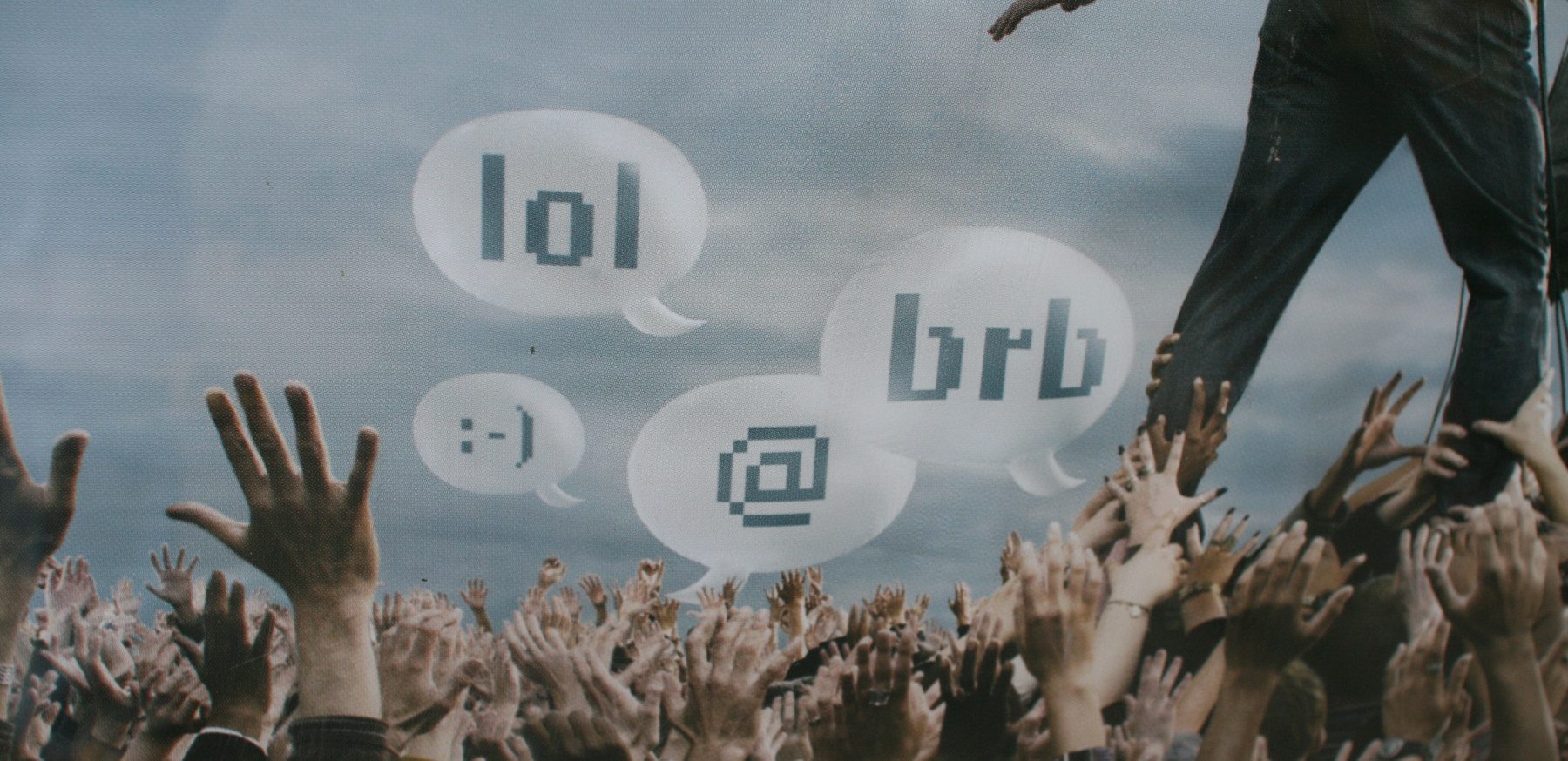Editors’ Letters: “Watch your slanguage!”
As a student of English literature, language is at the core of my education. I absorb antonyms, eat metaphors for breakfast and lap up lyricism. I suppose you could say I have somewhat of a love affair with words. And I consider the English language worthy of being preserved and perpetuated throughout generations, rather than being replaced and erased by slang.
I understand that colloquialisms are there to reflect culture and change. What’s a night without a good twerk? How else could I describe that latent roast dinner and extra helping of apple crumble causing my belly to protrude over my waistband but as a ‘food baby’? And how will anyone know that I’m living my life to the absolute fullest if I don’t #YOLO when I tweet?
Who wants to text with grammar and proper syntax when you can brb because atm you’re totes busy?
But with such a wealth of vocabulary within our reach, it seems a waste for it to be usurped by such vulgar surrogates. ‘Noob’ for instance sounds like it belongs on the Teletubbies, whilst saying something is ‘sick’ still brings to mind images of vomit, no matter how much we now associate it with something brilliant.
There’s none of the finesse, romance or etymology that accompanies ye olden language, such as how ‘companion’ means ‘with bread’, suggesting that friends are basically sandwiches. Where, for instance, does the word ‘merked’ originate?
I too am a culprit of littering my sentences with far too many ‘likes’ or ‘LOLs’ and often begin using a word ironically, only for it to surreptitiously slip its way into my regular vernacular.
It sums up our utter laziness with language. Our entire lives seem predicated by time, never having enough of it and always rushing to meet a looming deadline. Abbreviations are a mere symptom of this culture. Who wants to text with grammar and proper syntax when you can brb because atm you’re totes busy?
But maybe, just maybe we should encourage a resurgence of proper, descriptive and traditional language. We should celebrate those words that have been created, thought out and sculpted over thousands of years to perfectly describe the appearance or shape of something.
Because in my opinion there’s nothing quite like eloquence. Why be amazeballs, when you can be amazing?
[divider]
Header image courtesy of flickr.com/ nicolasnova

Comments (1)
Couldn’t agree more.